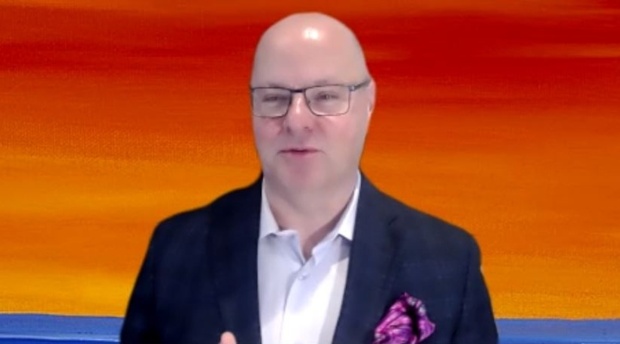AU Law Review’s Federal Circuit Symposium Series Examines Patent Law
Oct. 13, 2020

On Friday, Oct. 9, American University Law Review (AULR) hosted a patent law panel discussion as part of the publication’s 35th annual Federal Circuit Symposium Series.
The five-week series – which began Oct. 2 with an address from AUWCL alumna Chief Judge Margaret Bartley ’93, U.S. Court of Appeals for Veterans Claims – runs throughout the month of October, with virtual webinars each Friday featuring addresses, panel discussions, and guided conversations focused on Veteran's law, patents, trademarks, government contracts, and international trade.
The patent law panel discussion was moderated by Professor and Associate Dean for Scholarship Jonas Anderson, and centered on the Leahy-Smith American Invents Act (AIA). AULR Volume 70 Editor-In-Chief John Verderame welcomed guests and introduced panelists, which included:
- Professor Mark A. Lemley, Stanford Law School
- Professor Dmitry Karshtedt, George Washington University School of Law
- Professor Toshiko Takenaka, University of Washington School of Law
The panel examined topics relating to the Federal Circuit and the AIA, which upon its passing in 2011, switched the U.S. patent system from a "first to invent" to a "first inventor to file" system, eliminated interference proceedings, and developed post-grant opposition.
Takenaka spoke about the inventorship standard in the U.S. and how it compares to other countries, such as Japan, while Karshtedt discussed last year’s Supreme Court case Helsinn v. Teva, which determined that secret sales do qualify as prior art under the AIA – affirming the judgment of the Federal Circuit.
Lemley discussed the recent reluctance of the Supreme Court to take on cases revolving around Section 101, a provision of Title 35 of the United States Code which states whoever invents or discovers any new product or process, or any new and useful improvement of an existing product or process, may obtain a patent for it.
“They took four cases in five years, and it’s pretty clear they didn’t want most of those cases…There are every year dozens of patentable subject matter petitions that go to court, and just this week they denied six more, including Chamberlain v. Techtronic Industries,” Lemley said. “That has facilitated a little bit of a rebellion in some quarters of the Federal Circuit. As the Supreme Court has shown less willingness to stay involved, the Circuit has crept closer and closer to the line of rejecting Supreme Court decisions they don’t.”
Join AULR for upcoming events in the Federal Circuit Symposium Series:
Oct. 16: Trademark Law Oxford-Style Debate
Oct. 23: Government Contracts Law Guided Discussion
Oct. 30: International Trade Law Panel Discussion